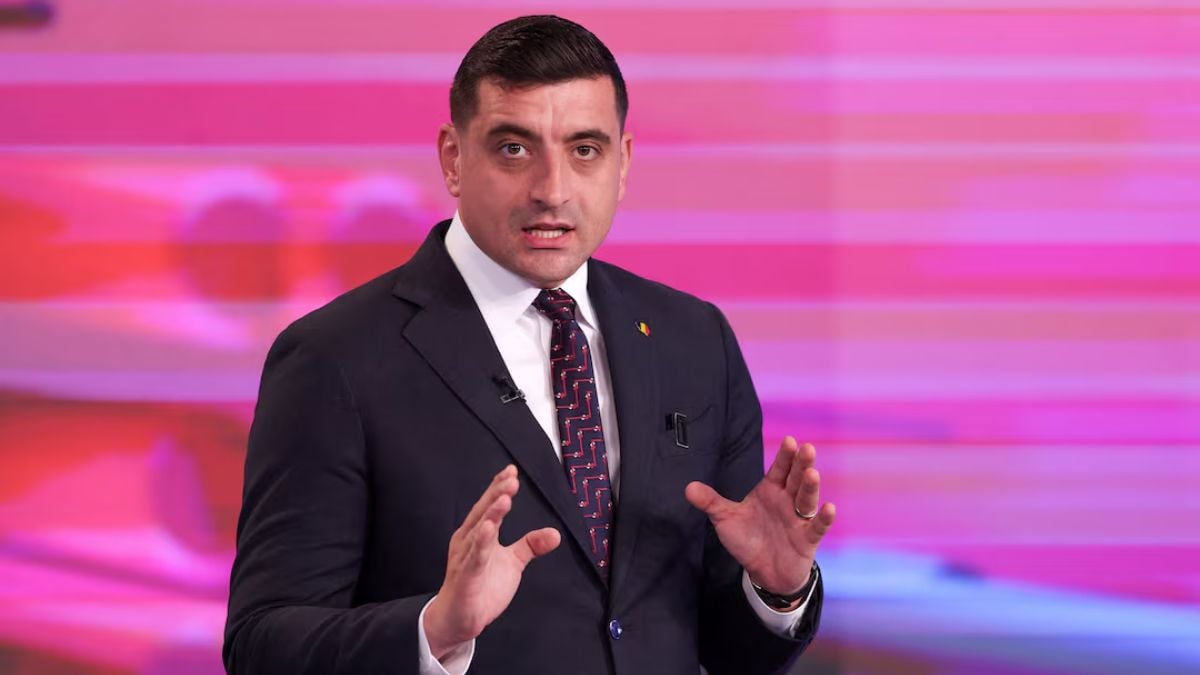Romania, which shares a 650-kilometer (400-mile) border with Ukraine, has gained strategic importance since Russia invaded its neighbour in 2022. Despite his growing domestic support, Simion’s rhetoric is reason for alarm for Nato allies.read more
Romanians cast their ballots Sunday (November 24) in the first round of a presidential election, with the nation facing surging inflation and unease over the war in neighboring Ukraine.
The vote begins a pivotal election season for the North Atlantic Treaty Organisation (Nato) member, with a parliamentary vote and a December 8 presidential runoff to follow.
Romania, which shares a 650-kilometer (400-mile) border with Ukraine, has gained strategic importance since Russia invaded its neighbour in 2022. The Black Sea nation hosts more than 5,000 Nato troops and serves as a key transit point for Ukrainian grain exports, according to the New Strategy Center think tank.
A Trump fan and Europe’s next Meloni?
Far-right leader George Simion, a 38-year-old admirer of former US President Donald Trump, has emerged as a key figure in the race.
Pitching himself as Europe’s next Giorgia Meloni, Simion has capitalised on voter discontent over inflation—10 per cent last year, with 5.5 per cent projected for 2024— and promised solutions like affordable housing.
Simion’s Alliance for the Union of Romanians (AUR) has made a visible impact on the ground. Following severe flooding in Pechea, Simion arrived with 10 trucks of construction materials and approximately 300 volunteers to assist displaced residents.
His party purchased land with donations and began building homes for affected families, eight of which are nearly complete.
Such efforts resonate in a country grappling with the European Union’s highest inflation rate, poorly paid rural jobs, and crumbling infrastructure, sociologist Barbu Mateescu told AFP.
Simion’s populist, hands-on approach has fuelled his rise to second place in polls, trailing center-left Prime Minister Marcel Ciolacu.
Why Nato, EU should be concerned
Despite his growing domestic support, Simion’s rhetoric is reason for alarm for Nato allies.
In his fiery speeches, he opposes military aid to Ukraine, calls for a “more patriotic Romania,” and frequently attacks the European Union’s leadership as a “corrupt bubble.”
He has faced allegations of ties to Russian spies, which he denies. On Wednesday (November 20), Simion called Russian President Vladimir Putin a “war criminal” in remarks to foreign journalists.
As Romania heads into the runoff, Simion’s rise highlights a populist wave reshaping the nation’s political landscape. For Nato and the EU, though, his growing influence presents a new challenge.
With inputs from agencies
